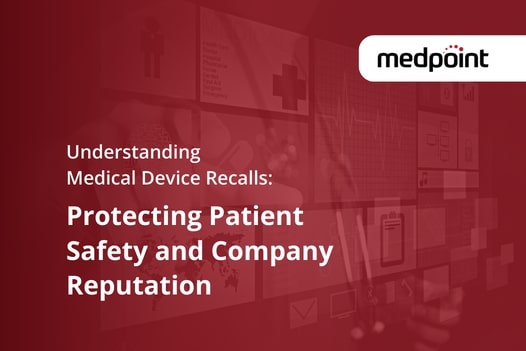In the rapidly evolving realm of medical technology, a major focus must be maintained regarding pati...


In the rapidly evolving realm of medical technology, a major focus must be maintained regarding pati...

The medical device industry is already feeling the effects of the Artificial Intelligence (AI) revol...

Medical devices undergo a strict and rigorous evaluation by the Food & Drug Administration (FDA) to ...

Your regulatory strategy determines whether your 510(k) submission clears the FDA or dies on the vin...

The medical field is continually evolving, and nowhere is that trend more evident than in the realm ...
The EU Medical Device Regulation (EU MDR) requires more than a few new SOPs. A profound overhaul of ...
The United States of America is the largest medical device market in the world. A population’s age i...
Product recalls are an unfortunate part of any manufacturing industry. For medical devices and pharm...
When it comes to health, prevention is naturally preferred to treatment. For stroke victims, recent ...
In 2016, the ever rising cost of healthcare generated some of the most intense public and political ...